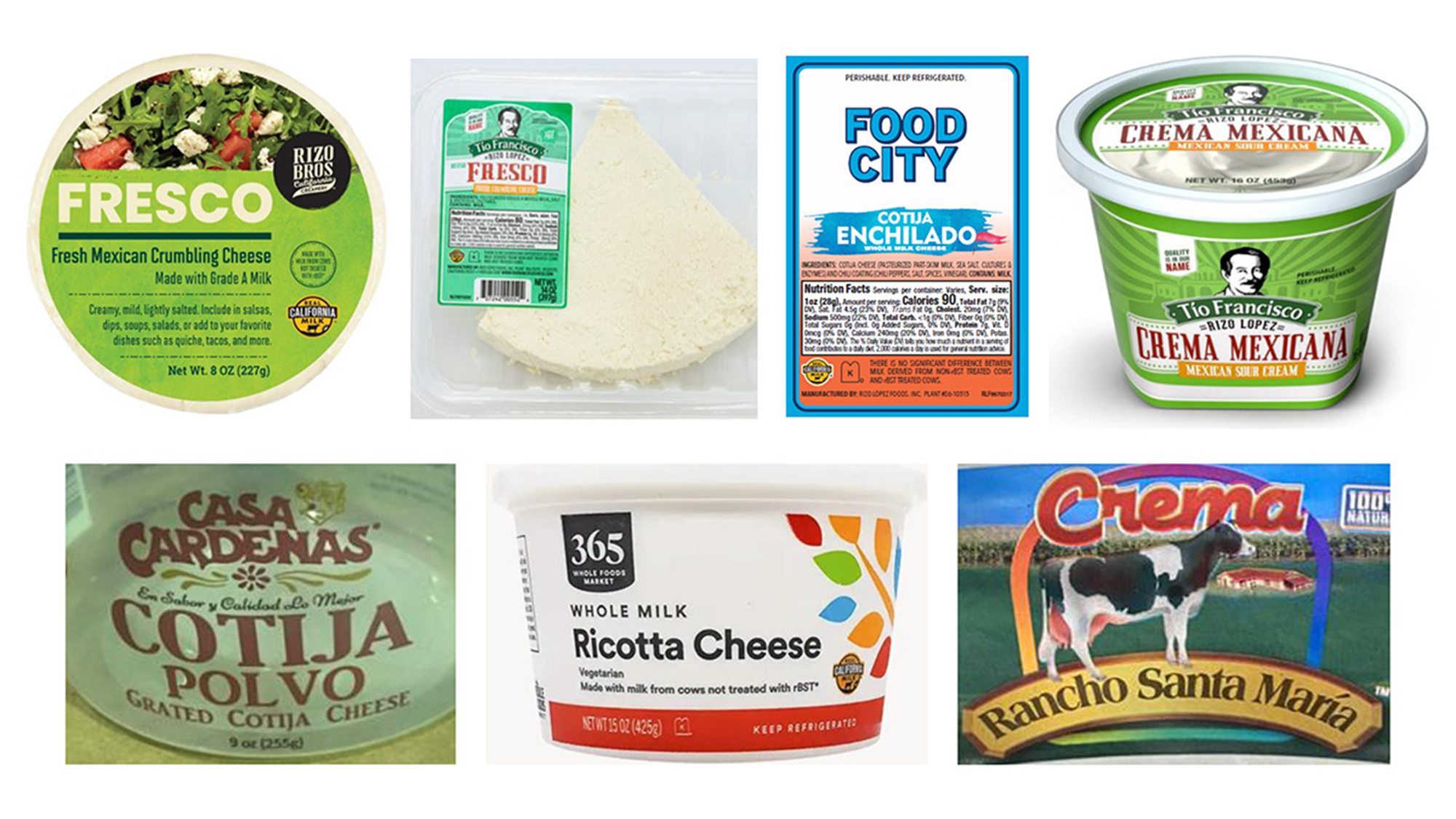Listeria Outbreak In Ramen Noodles 2024: What You Need To Know
The recent listeria outbreak linked to ramen noodles in 2024 has raised significant health concerns among consumers and food safety authorities. This outbreak, which has affected several states, highlights the importance of food safety practices and awareness. In this article, we will delve into the details of the outbreak, its causes, and how to protect yourself and your family.
As we explore the implications of this outbreak, it is crucial to understand the nature of listeria, how it can contaminate food products like ramen noodles, and what steps are being taken to manage the situation. This article aims to provide comprehensive insights into the listeria outbreak, ensuring that consumers are well-informed and can make safe choices when it comes to their food.
With the rise in popularity of instant noodles globally, the occurrence of foodborne illnesses such as listeria has become a pressing issue. Stay with us as we cover everything from the biochemistry of listeria to consumer safety measures in the context of the current outbreak.
Table of Contents
- What is Listeria?
- Understanding the Outbreak
- Ramen Noodles and Risk of Contamination
- Symptoms and Health Risks
- Preventive Measures for Consumers
- Government Response to the Outbreak
- Impact on the Industry
- Consumer Awareness and Education
What is Listeria?
Listeria monocytogenes is a type of bacteria that can cause foodborne illness known as listeriosis. This bacterium is particularly dangerous for certain populations, including pregnant women, newborns, the elderly, and individuals with weakened immune systems.
Key characteristics of listeria include:
- It can grow at refrigerator temperatures, making it particularly insidious.
- Symptoms of listeriosis can appear within a few days to several weeks after consumption of contaminated food.
- Severe cases can lead to meningitis, septicemia, and even death.
Understanding the Outbreak
The listeria outbreak in ramen noodles in 2024 has been traced back to a specific manufacturing facility. Health officials identified the source through extensive testing and consumer reports of illnesses. The outbreak has resulted in numerous hospitalizations and a growing number of reported cases.
As of March 2024, the Centers for Disease Control and Prevention (CDC) has reported:
- Over 50 confirmed cases across 10 states.
- At least 10 hospitalizations attributed to the outbreak.
- One confirmed death linked to the consumption of contaminated ramen noodles.
Ramen Noodles and Risk of Contamination
Ramen noodles, particularly those that are pre-cooked or fresh, can pose a risk of listeria contamination if not handled correctly. The risk factors include:
- Improper cooking and storage practices.
- Cross-contamination with raw foods.
- Inadequate cleaning of equipment and surfaces during food preparation.
How Listeria Contaminates Ramen Noodles
Contamination can occur at any stage of the food supply chain, including:
- During production, if hygiene standards are not adhered to.
- During distribution, if the temperature controls are not maintained.
- At the retail level, through improper shelf management.
Symptoms and Health Risks
It is essential to recognize the symptoms of listeriosis, especially for those at higher risk. Common symptoms include:
- Fever
- Muscle aches
- Nausea or diarrhea
If you experience severe symptoms such as confusion, loss of balance, or seizures, it is crucial to seek medical attention immediately.
Preventive Measures for Consumers
To minimize the risk of listeria infection, consumers should follow these preventive measures:
- Always cook ramen noodles to the recommended temperature.
- Store leftovers promptly and reheat thoroughly before consumption.
- Practice good hygiene in the kitchen, including washing hands and surfaces regularly.
Government Response to the Outbreak
In response to the outbreak, health authorities have taken several actions:
- Issuing recalls for affected ramen noodle products.
- Conducting inspections at the manufacturing facilities involved.
- Providing guidance to consumers on safe food handling practices.
Impact on the Industry
The listeria outbreak has had a significant impact on the ramen noodle industry, leading to:
- Increased scrutiny and regulation of food safety practices.
- Loss of consumer confidence in certain brands.
- Financial repercussions for manufacturers involved in the outbreak.
Consumer Awareness and Education
Promoting awareness about listeriosis and its prevention is essential in combating foodborne illnesses. Educational campaigns can help inform consumers about:
- The risks associated with foodborne pathogens.
- Safe food handling and cooking practices.
- The importance of reporting suspected foodborne illnesses.
Conclusion
In summary, the listeria outbreak in ramen noodles in 2024 underscores the need for vigilance in food safety practices. By understanding the risks and symptoms associated with listeriosis, consumers can take proactive steps to protect themselves and their families. It is essential to stay informed and follow the guidelines provided by health authorities to minimize the risk of foodborne illnesses.
We encourage readers to share their thoughts in the comments below, spread awareness about food safety, and explore more articles on our site for further information.
Penutup
Thank you for reading our comprehensive guide on the listeria outbreak in ramen noodles. We hope you found this information valuable and encourage you to visit our site again for more updates and articles on food safety and health.
Faith Lianne Leaked: A Deep Dive Into The Controversy
Understanding The Ramen Listeria Outbreak: Causes, Effects, And Prevention
Was There A Recall On Ramen Noodles? Understanding The Recent Concerns


